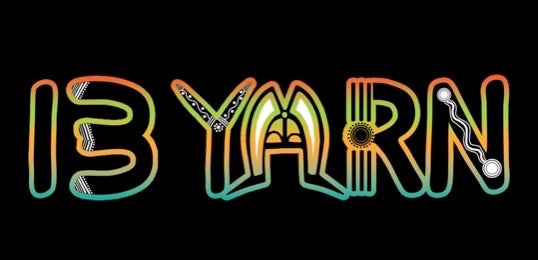Developed in collaboration with IndigenousX, the educational resource kit regarding the 2023 referendum seeks to minimise harm, promote cultural humility, and focus the conversation on human rights principles as they relate to the referendum and proposed Voice to Parliament.
The resources include information on harm minimisation, the United Nations Declaration on the Rights of Indigenous Peoples (UNDRIP), self-determination, substantive reform, and more. Scroll down to see some highlights, and a full list of the resources.
There are nine documents within the resource kit, which is available to download in full on the ‘understanding the referendum from a human rights perspective’ page of the AHRC website.
Minimising harm in conversations about the referendum
Racism directed towards Aboriginal and Torres Strait Islander people is likely to continue increasing in the lead up to the referendum. This is already being witnessed in online platforms, media outlets, political commentary, and everyday conversations.
In taking an anti-racist approach, it’s crucial that all conversations are approached in a way that is factual, not based on racial stereotypes or involve racially denigrating language, and do not cause harm. This is particularly important when discussing issues that disproportionately affect certain individuals and communities, such as the referendum for an Indigenous Voice to Parliament.
The resource titled ‘minimising harm in conversations about the referendum’ provides practical tips on ways to engage over the following months and into the future. We hope you find it useful in your anti-racism journey.
Timeline resource - The history of Aboriginal and Torres Strait Islander peoples advocating for the right to be heard
There is a long history of First Nations people resisting state-sanctioned injustice and advocating for the right to representation and participation in decisions that affect them.
Although colonisation has significantly disrupted First Nations Law, structures and culture, Aboriginal and Torres Strait Islander peoples have persevered, demonstrating remarkable strength, resilience and tenacity when engaging with the Australian nation state to have their rights recognised.
The resource titled ‘the history of Aboriginal and Torres Strait Islander peoples advocating for the right to be heard’ collates a selection of moments in history when Aboriginal and Torres Strait Islander peoples have taken action to call for large-scale change by Australian governments to realise Indigenous rights.
From the 1930’s William Cooper petition, the first Day of Mourning protest in 1938, the establishment of the Aboriginal Tent Embassy in 1972, to the 2017 Redfern Statement, this timeline shows that ongoing calls for the realisation of Indigenous rights have overwhelmingly been ignored by Australian governments.
Support services
We’d also like to bring your attention to the support services section of the resource kit. This includes a list of formal support services for First Nations people who experience racism and may want to seek support, as well as a list of ways to report incidents of racism – nationally and on a state/territory basis.
Individual resources
The individual resources are also available as standalone documents and webpages, linked below:
- The Uluru Statement from the Heart
- Minimising harm in conversations about the referendum
- Indigenous rights and the Voice
- The history of Aboriginal and Torres Strait Islander peoples advocating for the right to be heard
- Symbolic change or substantive reform
- Self-determination and Indigenous peoples
- The Voice and human rights
- Referendums and constitutional change
- Support Services
Until next time,
Please feel free to share these resources with your networks, colleagues, friends and family members.
We hope you find them useful in informing an anti-racist approach to discussions about the referendum.
In solidarity,
The Racism. It Stops With Me Campaign Team

